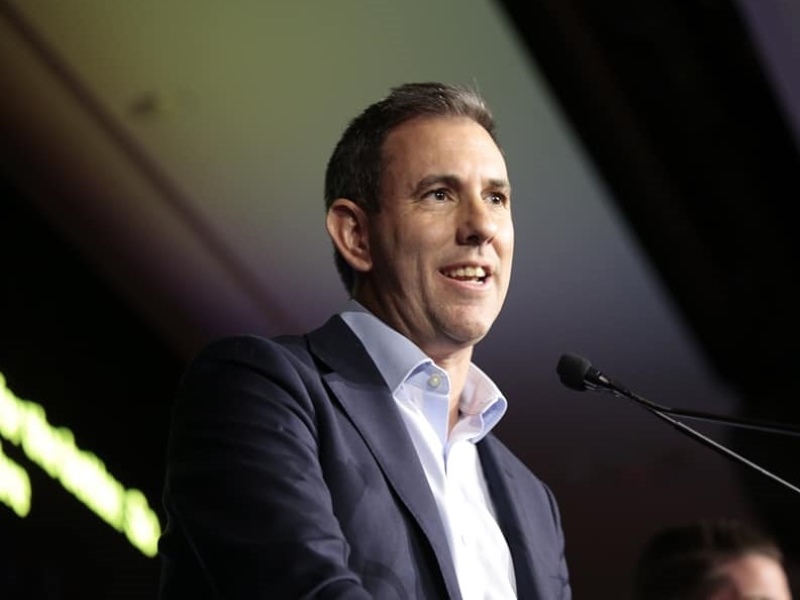Treasurer Jim Chalmers has rejected “rubbish” claims that the government’s Future Made in Australia manufacturing package is inflationary, insisting the industry intervention will be “responsible in macroeconomic terms”.
The Treasurer on Monday defended the looming incentives for clean energy and manufacturing businesses, emphasising the long-term nature of the investments and saying Australia is not “protecting ourselves from the world”.
“We’re talking about engaging with it, becoming an indispensable part of the global net zero economy”.

The Future Made in Australia (FMIA) Act is the federal government’s response to generous clean energy and manufacturing subsidies available in other jurisdictions, particularly the mammoth Inflation Reduction Act in the United States worth more than AU$550 million.
FMIA is expected to use subsidies and tax incentives to support at least four priority areas for Australia: critical minerals, energy generation and storage, green hydrogen and green steel.
Last week, Productivity Commission (PC) chair Danielle Wood cautioned against the creation of a “class of businesses that is reliant on government subsidies” echoing previous PC warnings against large subsidy packages for battery cell manufacturing. However, the FMIA Act has garnered support from climate, worker and innovation experts.
Mr Chalmers on Monday returned from Washington DC, where he attended the G20 Finance Ministers’ and Central Bank Governors’ Meeting as well as the IMF – World Bank 2024 Spring Meetings last week.
Despite flagging concerns that the “fraught and fragile” global economy will “weigh heavily on the budget”, he said FMIA investments will not pose an additional inflationary risk.
“I see the sorts of substantial investments that we’re contemplating as investments in growth, expanding our economy, expanding our opportunities, in ways that are responsible in macroeconomic terms,” Mr Chalmers said.
The details of FMIA investments are expected to be revealed in the federal budget in three weeks’ time, complementing the $1 billion Solar Sunshot program to support solar panel manufacturing, the $2 billion Hydrogen Headstart, and the $4 billion Critical Minerals Loan Facility.
He described claims that FMIA will contribute to inflation as “rubbish” because “it assumes wrongly that all of the investment that we are contemplating hits the economy at once at the front end”.
Similar inflationary warnings were raised about the $15 billion National Reconstruction Fund last year, but were quashed by the head of Treasury. The NRF is yet to make an investment, however.
Mr Chalmers said industry investments will be spread over the long-term and is aimed at “incentivising private investment” and won’t become “some kind of free for all of taxpayer money”.
“We want to make sure it’s responsible, and focused, and targeted, and governed by a really strict framework [and guardrails], and that’s what the Act will help us do,” Mr Chalmers said.
In the same week that the FMIA Act was announced, the IMF warned that while industrial policy “can drive innovation if done right”, history is “full of cautionary tales of policy mistakes, high fiscal costs, and negative spillovers”.







